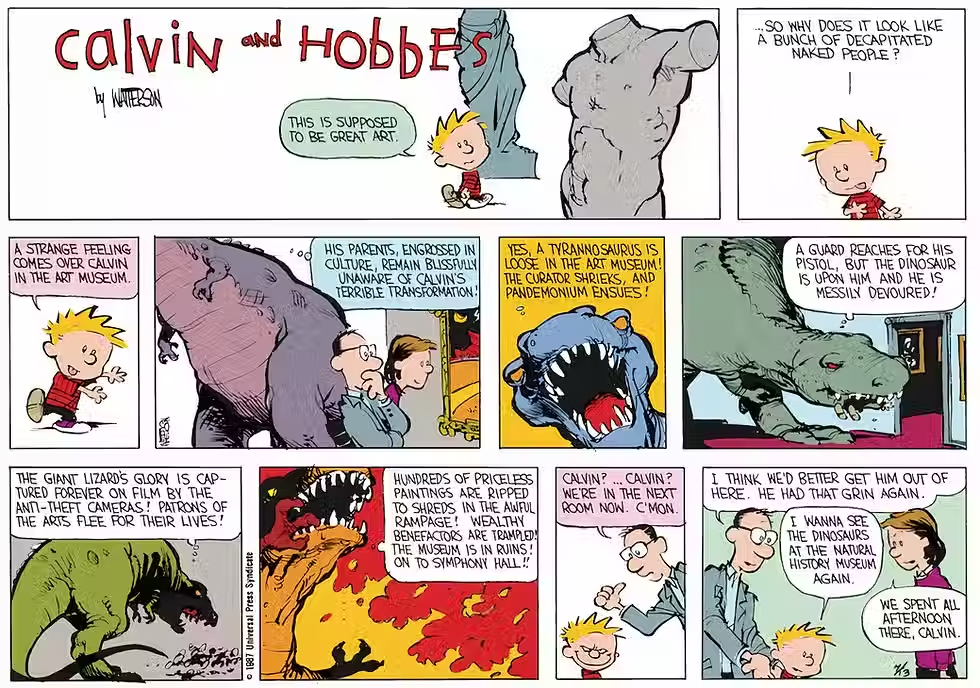Why we can't win with logic
- anncassano
- Jun 29, 2025
- 4 min read
Updated: Jul 8, 2025
During conflict we often try to win an argument with facts and rational arguments. But in a polarized conflict, people are so ingrained in their position, they will not be shifted by more data. Because of that processwork works on a different level, that of emotions.
Processwork uses three different concepts to describe reality: consensus reality, dreamworld (non-concensus reality) and the essence level.

Consensus reality level: describes experience that is generally agreed upon as ‘real’. There is a collective understanding that this is the view of reality. It includes majority views and statistical norms. In western societies we often think of data, information, statistics as ‘reality’.
Dream level: consists of subjective experiences that we generally don’t think of as real. This is our inner world: feelings, fantasies, ideas, projections and dreams. This is the level we often marginalize. It is the level processwork facilitation works with.
Essence level: is that which cannot be said. It is often described in poetic language. evocative rather than exact. It can be felt as a subtle atmosphere in the room after a group process has taken place, a shifting. It is a fleeting moment, but for a moment it feels like something has been solved.
Jad Abumrad, the founder of the podcast Radiolab talks about his experience as a journalist reporting stories where truths collide, and describes something that coincides quite neatly with the three levels of reality.
“Around 2012, I ran into a bunch of different stories that made me think, no. One story in particular where we interviewed a guy who described chemical weapons being used against him and his fellow villagers in the mountains of Laos. Western scientists went there, measured for chemical weapons, didn't find any. We interviewed the man about this. He said the scientists were wrong. We said, "But they tested." He said, "I don't care. I know what happened to me." And we went back and forth and back and forth, and to make a long story short, the interview ended in tears. And I felt horrible. Like, hammering at a scientific truth when someone has suffered? That wasn't gonna heal anything. And maybe I was relying too much on science to find the truth. And it really did feel at that moment that there were a lot of truths in the room, and we were only looking at one of them.”
Abumrad experiences how facts can’t convince people in a polarized situation, how this in fact can be very harmful, hammering points home.
He decides to take a different approach: in his stories he will show the different truths and the struggle between them:
“And so for the next eight years, I committed myself to doing stories where you heard truths collide. We did stories about the politics of consent, where you heard the perspectives of survivors and perpetrators whose narratives clashed. We did stories about race, how Black men are systematically eliminated from juries, and yet the rules that try and prevent that from happening only make things worse. Stories about counter-terrorism, Guantanamo detainees, stories where everything is disputed, and all you can do is struggle to try and make sense. And the struggle kind of became the point.”
He is talking about perspectives here. This is dream level: people’s points of view, their emotions, stories and ideas and how they collide. But this doesn’t feel satisfying either:
“We live in a world where truth is no longer just a set of facts to be captured. It's become a process. It's gone from being a noun to being a verb. [...] Like, what literally kept happening is we'd be, you know, telling a story, cruising along, two viewpoints in conflict, you get to the end and it's just like, "No. Let me see. What do I say at the end?" How do you end that story? [...] Like, it felt like there had to be another move there. Had to be a way beyond the struggle.”
I think that what he was looking for is the essence level, a deeper level where there is unity. This is what Abumrad calls The Third:
“Typically, we think of ourselves as these autonomous units. I do something to you, and you do something to me. But according to this theory, when two people come together and really commit to seeing each other, in that mutual act of recognition, they actually make something new, a new entity that is their relationship... And I think now that is my calling. That as a journalist, as a storyteller, as just an American living in a country struggling to hold, that every story I tell has got to find the third. That place where the things we hold as different resolve themselves into something new.”
Listen to Jad Abumrad's story here and find out how Dolly Parton was his inspiration for The Third: The Third. A TED Talk. - Transcript
Find out more about levels of reality in Arnold Mindell's book "Sitting in the Fire."

Comments